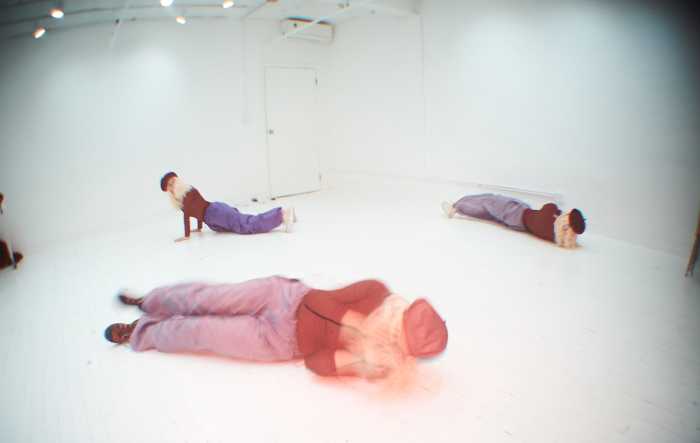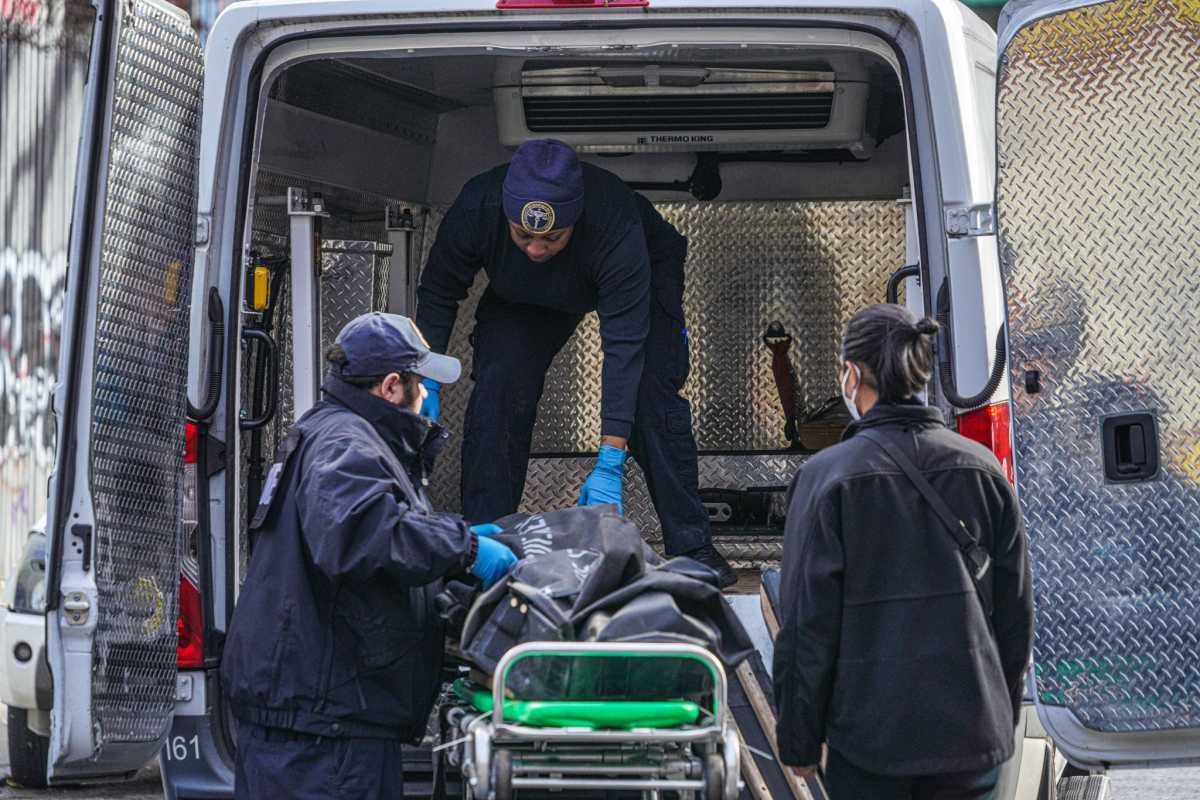They may look comical and fuzzy, but the city’s raccoon population is to be feared and not fondled.
The New York City Department of Health (DOH) is warning all New Yorkers to be wary of stray pets and wild animals after two rabid raccoons were confirmed in Central Park in Manhattan last week. A third rabid raccoon was found in the same park several months earlier.
The DOH warning includes, but is not limited to, dogs, cats, bats, and raccoons.
Over the past seven years, raccoons have been the most often confirmed rabid animal in the city.
In total, there have been 20 confirmed cases of rabid animals in the city this year including one rabid raccoon in Queens.
The spread of rabies from animal to animal or animal to person is usually from the bite of a rabid animal. Rabid bites, when left unattended, can be fatal.
To reduce the threat of being bitten, it’s recommended that people stay away from wild and stray animals, animals that appear ill or are acting unusually aggressive, and to keep all garbage in sealed containers.
There are also numerous ways to reduce the threat of your pet being bit by a rabid animal. These include feeding your pet indoors, keeping your pet on a leash unless in a non-leash area, keeping your pet attended while outdoors, and keeping your pet up to date with rabies vaccinations. If you or your pet experience a bite, wash the infected area immediately with soap and water. Call your physician after the wound is washed. If you feel the attacking animal can be captured call 3-1-1.
To report animal bites call the Animal Bite Unit at 212-676-2483 between 9 a.m. and 5 p.m. during weekdays. After 5 p.m. and on weekends call 212-POISONS.
For more information, visit www.nyc.gov/html/doh/html/vet/vet5.shtml.






























